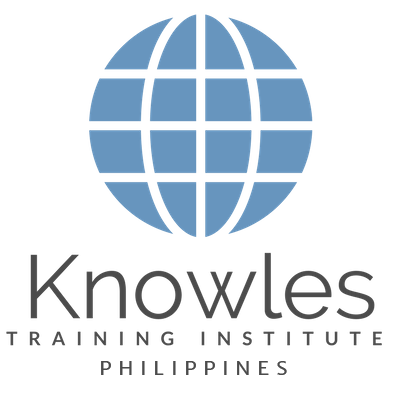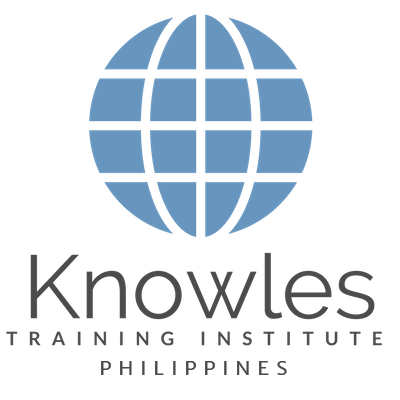Skip to content
Keyword MethodIntern1bksiuevej76kHhK2023-07-17T14:32:12+08:00
Keyword Method
The Keyword Method Unveiled: Unlocking the Secrets of Recall and Retention
- Memory Triggers: The Keyword Method employs memory triggers, where keywords act as cues to recall associated information. This strategy enhances memory retrieval by providing effective mental prompts.
- Spatial Mnemonics: The Keyword Method incorporates spatial mnemonics, where keywords are associated with specific spatial locations or arrangements. This spatial visualization aids in memory encoding and facilitates spatial recall.
- Schema Activation: The Keyword Method activates existing cognitive schemas by linking keywords to relevant schema structures. This activation strengthens memory associations and facilitates the retrieval of interconnected knowledge.
- Embodied Cognition: The Keyword Method taps into embodied cognition, utilizing physical actions or gestures tied to keywords. This embodied approach enhances memory encoding and retrieval through the integration of sensory and motor information.
- Self-Referential Processing: The Keyword Method promotes self-referential processing, connecting keywords to personal experiences or traits. This self-relevance enhances memory retention and retrieval by engaging self-related neural networks.
- Contextual Reinstatement: The Keyword Method reinstates the original learning context during retrieval by recreating the environmental or situational cues associated with the keywords. This context reinstatement strengthens memory retrieval by facilitating the reactivation of relevant memory traces.
- Strategic Keyword Selection: Implementing the Keyword Method involves strategic keyword selection. Choosing keywords that encapsulate the main ideas or crucial information optimizes memory encoding and facilitates efficient recall.
- Cognitive Load Balancing: The Keyword Method helps balance cognitive load by breaking down complex information into manageable chunks represented by keywords. This load balancing enhances memory encoding and retrieval by reducing cognitive strain.
- Encoding Specificity: The Keyword Method aligns with encoding specificity, ensuring that the retrieval cues match the encoding conditions. This specificity enhances memory retrieval by creating a strong match between the retrieval context and the original learning context.
- Lifelong Learning Application: Beyond immediate learning goals, the Keyword Method is adaptable to lifelong learning. It can be utilized to enhance memory in various contexts, such as professional development, personal hobbies, and acquiring new skills.
Page load link


